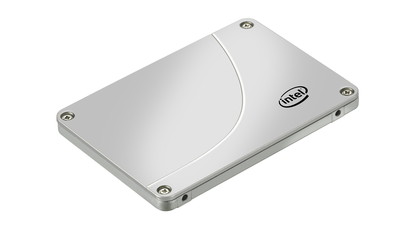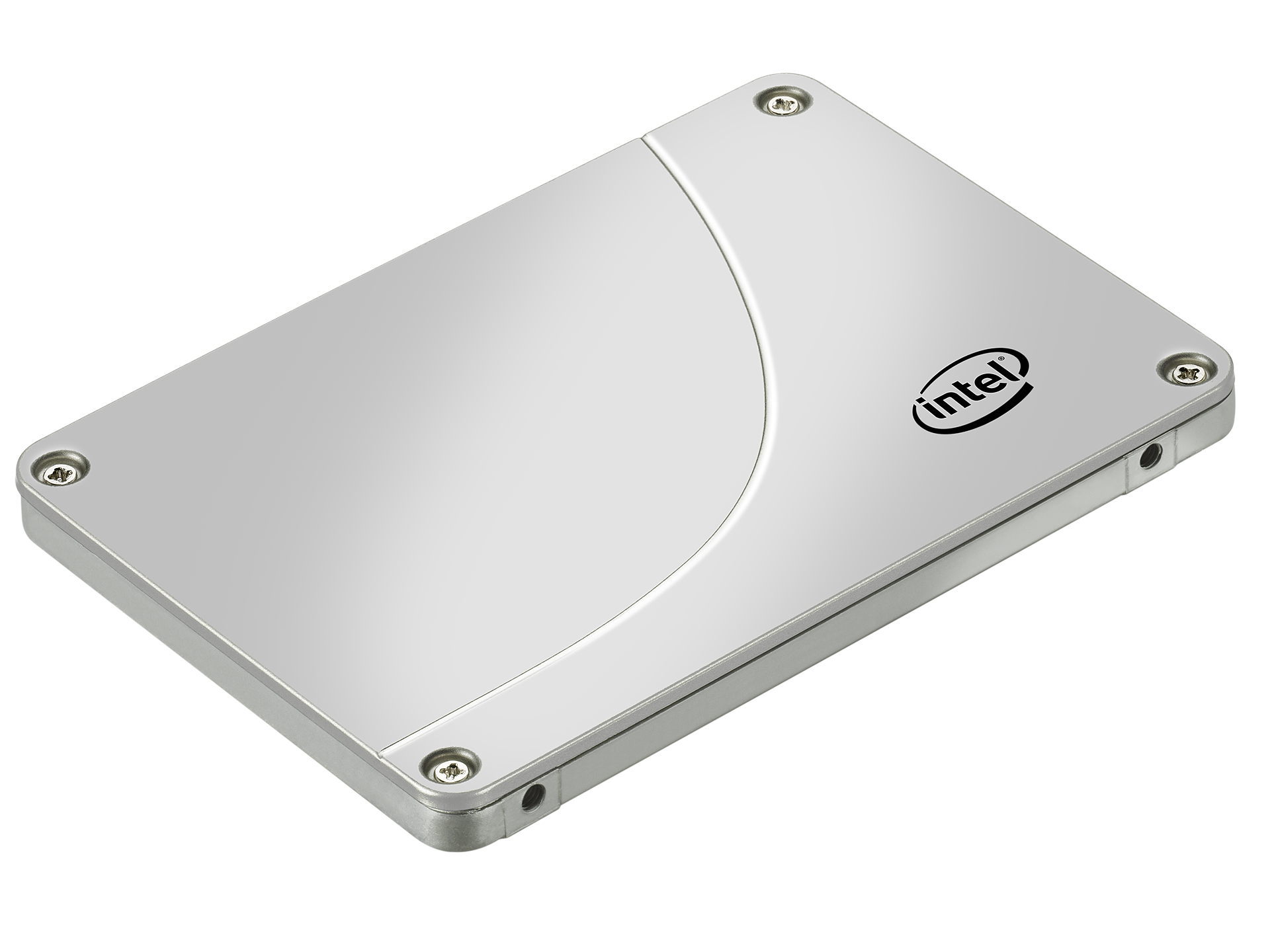Why you can trust TechRadar
For the most part, Intel's new desktop SSD looks like any other drive based on the SandForce SF2281 controller chipset.
Not that we're suggesting that's a bad thing.
Sequential read and write speeds of 550MB/s and 520MB/s courtesy of a SATA 6Gbps interface is about as good as it gets for a single desktop SSD.
A peak IOPS rating of 80,000 for writes is pretty much par for the second-gen SandForce course, too.
So Intel isn't making any showbiz claims for basic performance.
In fact, if anything it's more up front about the limitations of the drive when it comes to shunting incompressible data around. In practice that includes most really big files, such as video, music and images.

Intel is also happy to 'fess up to the fact that the peak IOPS speed relates to a completely box-fresh drive. It only rates the Intel SSD 520 Series 240GB at a maximum of 60,000 IOPS in normal use.
However, what Intel does have is an enviable reputation for exhaustive validation and quality control when it comes to SSDs.
In fact, it's rumoured the 520 Series has arrived later than expected due to that very validation process. The upshot of all this, however, is not a drive than immediately blows away the competition for raw performance.
All our synthetic tests reveal an SSD that's very similar in performance to other SandForce-based drives. So that means a generally pretty fantastic performance with the exception of slightly ordinary incompressible data write performance.
We liked
It's not perfect, but SandForce's SF-2281 SSD controller is probably our current favourite.
It routinely wins a lot of benchmarks and is never too far behind even when it isn't at its best.
Add in Intel's hardcore validation and you have the promise of speed combined with longevity.
We disliked
If you were expecting something special in terms of raw performance, you'll be disappointed.
The 520 Series is very similar to other SandForce powered SSDs. And that means only ordinary performance in incompressible writes.
Like any large SSD, it's pricey, too.
Verdict
Probably the pick of the currently available 250GB-ish SSDs. Just a shame it's not a bit cheaper.
Technology and cars. Increasingly the twain shall meet. Which is handy, because Jeremy (Twitter) is addicted to both. Long-time tech journalist, former editor of iCar magazine and incumbent car guru for T3 magazine, Jeremy reckons in-car technology is about to go thermonuclear. No, not exploding cars. That would be silly. And dangerous. But rather an explosive period of unprecedented innovation. Enjoy the ride.
